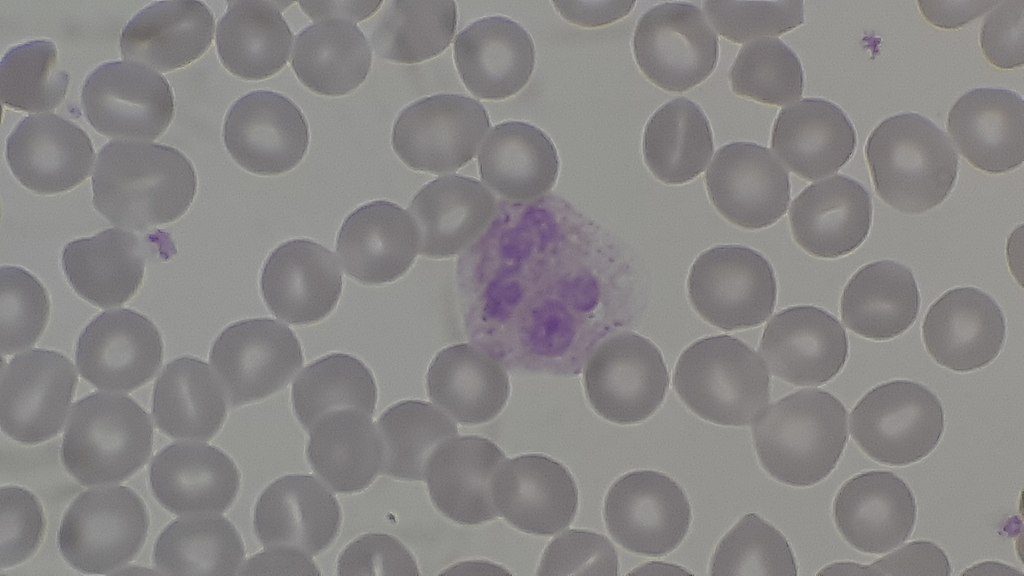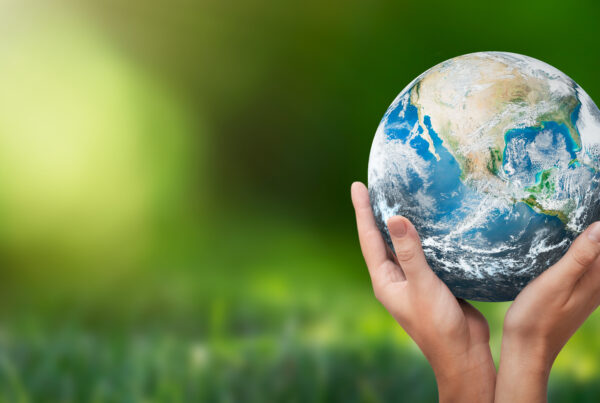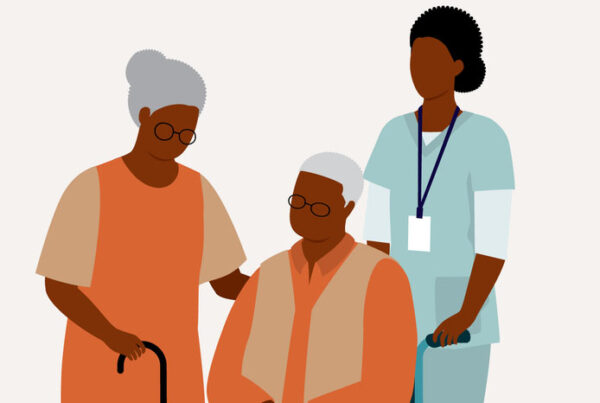By Bob Bertsch
The conversation Jessica Beckendorf and I recently had with consultant, speaker and facilitator Bjørn Peterson for the Practicing Connection podcast has me doing a lot of thinking about independence, interdependence and individualism. These three concepts play a big role in how each of us sees the world and approaches working with others.
Here’s what Bjørn said that sparked my thinking:
“… there’s a way in which we can think about the whole of humanity, the whole of Earth frankly, and all the sentient beings and living creatures and so on that we’re a part of as a single living organism…If we are analogous to a single living body, for instance, and you are a white blood cell whose job it is within the system to not do everything and to not respond to everything, but to respond to what you are formed in that body to do, how wonderful and lovely it is that we have you and how wonderful and lovely and important it is that others discover what it is within them that’s happening through the whole.
That means too, that in a community space, whether it’s a public space or a retreat or an organization or a group, asking yourself what’s going on in the whole is useful, but it’s not necessarily important to say, “What if I acted like so and so across the way or wouldn’t, what if they acted more like me?”… if we think of this space that we’re a part of as an ecosystem, as an ecology, as a body with different things interacting, if I sit down into what I think my role is and I trust that you also have one, and that at your most highest capacity, your healthiest functioning, you are just as important to the system working as a whole as I am.”
You might be thinking, “If I’m just one of many white blood cells, what about my individuality? What makes me special?” I think these questions come to mind often when we think about moving toward interdependence. They speak to our desire for individual recognition and our tendency to frame things as a competition; a race, a game, a war. Maybe we are worried less about what makes us special and more about how we can be the “most special.” If that’s true, we might be less concerned with preserving our independence and individuality, and more concerned with upholding our belief in individualism.
Individualism and Independence
The ideology of individualism is centered in dominant narratives throughout the world, especially in predominantly White cultures. Tema Okun and Kenneth Jones see individualism as one of the characteristics of White supremacy. In Dismantling Racism: A Workbook for Social Change Groups, they write, “…individualism is primarily defined by the assumption that you are able to complete any task without help. This trait leads to isolation, and a lack of comfort with, or inability to, work as part of a group or team” (Read more at https://www.whitesupremacyculture.info/individualism.html).
In his study of cooperation among farmers, Steven Emery found that independence, as a value, has been shown to be a barrier to cooperation (Emery, 2015). That doesn’t mean independence is always negative. Independence or autonomy is part of our development from children to adults, and we know that independence is an important factor in individual resilience (access to resources and social support are important factors as well). However, as Emery explains, the dominant ideology of individualism “succeeds by appealing to the virtue of independence, while simultaneously denying its actual realization.” In other words, powerful systems convince people that cooperating or collaborating with others, practicing interdependence, will rob them of their independence precisely because practicing interdependence is the thing that could make people independent from the powerful systems.
We Are Already Interdependent
Another way the dominant narrative discourages collective action is by associating interdependence with a loss of individuality. However, without individuality, interdependence wouldn’t work. If we were all the same, robbed of our individual gifts, there would be no point in collaborating. Each of us would have the same ideas, experiences, and abilities, so why would we need each other?
But we do need each other and our individual perspectives and talents. We are already connected in interdependent structures like organizations, communities, and systems. We are also, as Bjørn suggested, interdependent with the other living beings on Earth. Noticing that interdependence and learning to let go of some of our beliefs that are rooted in individualism is important to working in collaboration at the scale necessary for addressing complex issues.
References
DRworksBook. (n.d.). DRworksBook. Retrieved October 6, 2022, from https://www.dismantlingracism.org/
Emery, S. B. (2015). Independence and individualism: Conflated values in farmer cooperation? Agriculture and Human Values, 32(1), 47-61. doi:https://doi.org/10.1007/s10460-014-9520-8
Red Blood Cells, White Blood Cells and Platelets, Ajay Kumar Chaurasiya, CC BY-SA 4.0, via Wikimedia Commons













